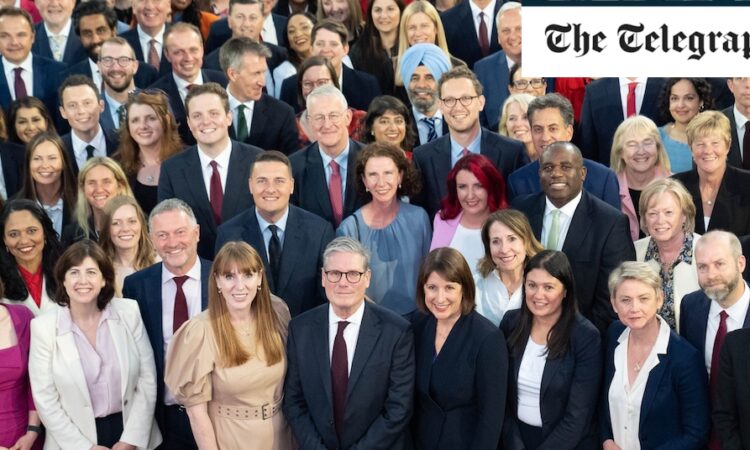
No one really thought the Tories would ever deliver spending cuts on such a scale. No one thinks Labour will either. This is perhaps why it was in the interest of both parties not to talk about this black hole during the election – a refusal to engage with reality that the IFS called a “conspiracy of silence”.
But it goes so much further than departmental spending. Speaking to me the weekend before the election, Johnson noted that neither the Labour and Tory manifestos told us much of anything at all.
On NHS spending, for example, Labour had planned “£2bn worth of additional spending on the NHS. That is as near to zero,” Johnson said, “as it makes no difference in the context of a £200bn public service, which we know will involve £30bn, £40bn, £50bn a year more spending by the end of the Parliament than it does now – just if it goes up in line with how it’s always gone up.”
And that’s just healthcare. It was always clear that Labour had different spending priorities to the Tories, and would want to funnel money in its own directions. It was going to have to find that cash somewhere. And that process was always likely to involve some kind of tax increase.
Even if no official letter has been left to say there is no money, Labour wants to paint 2024 as another 2010 moment. The problem is that the numbers tell a different story. The Treasury is taxing and spending at record levels, and like the previous government, this one also gets to make choices – about where to direct the money and how much to spend or save.
Labour wants to spend on public sector pay increases, on the Government’s new investment vehicle GB Energy, on “free” breakfast clubs for all children.
Yes, it has a mandate to do all these things. But these are not programmes that Labour has to implement. They are programmes that Labour is choosing to implement – and in the case of public sector pay rises, for example, the party may push ahead without getting any commitments from Whitehall around higher productivity in return.
Labour didn’t shy away during the election campaign from pointing out that the Tories had raised the tax burden to near-record post-war highs. Will the party be so happy to acknowledge this of their own accord?






